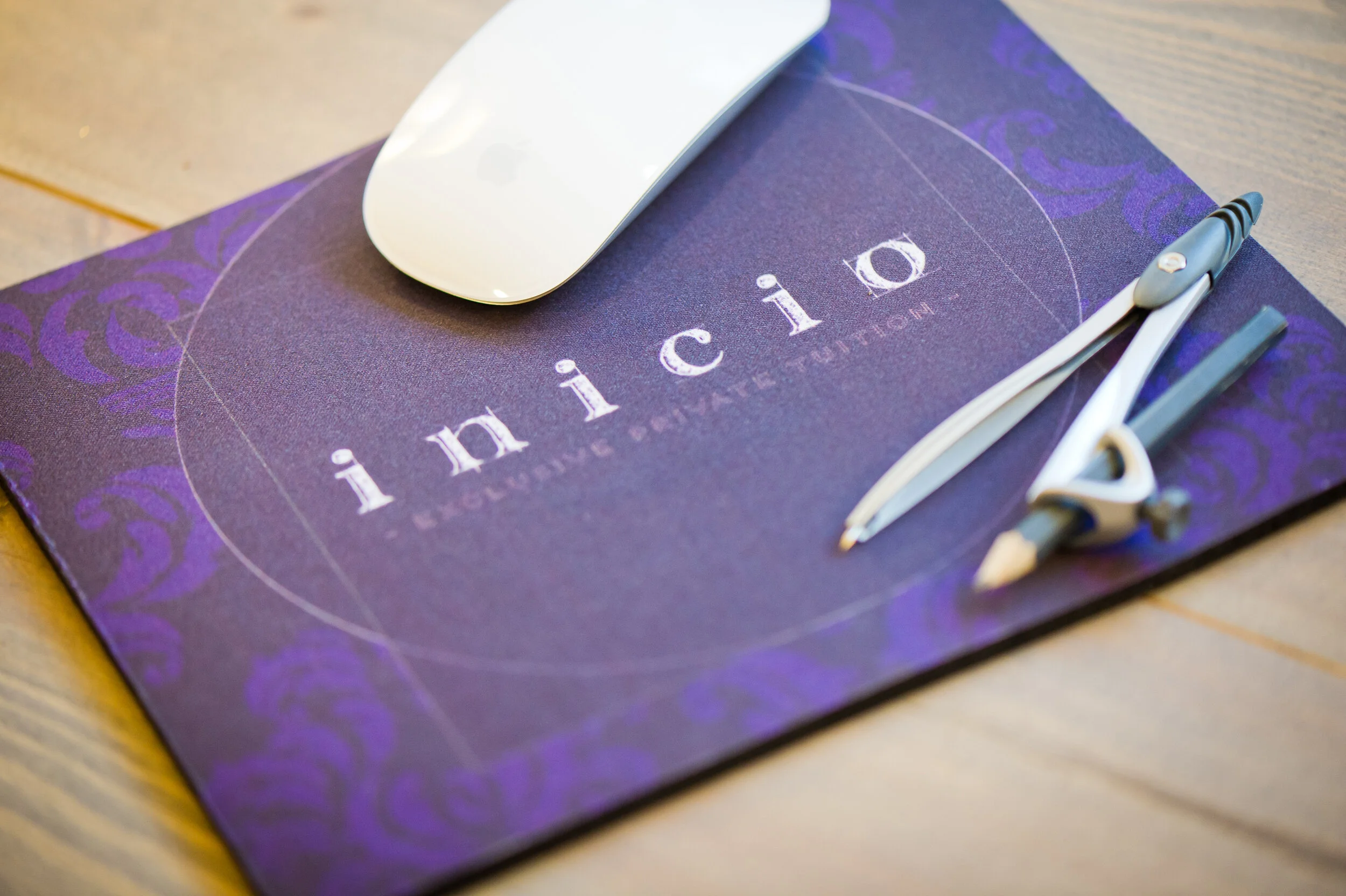Over the last decade, we have been seeing a steady increase in private tuition here in Britain, and it's a trend that won't be disappearing any time soon. The increase is global, with Japan leading the way in private tutoring. In South Korea and Turkey, spending on private tuition is almost equal to the amount spent on education in the public sector. What exactly does this phenomenon mean for UK students?
Demand
This increase in private tuition comes largely from the continuing demand for higher education and degrees. With increased competition for employment, students and families are looking to tutoring to help them remain competitive and get into sought-after schools and universities. This is especially true for middle class families looking to work in the service industry and needing degrees to make them eligible for jobs. Private tuition helps them to achieve their goals and creates further demand for private tuition as others strive to keep up or get ahead of the game.
At university level, students want more contact time from lecturers to help them make sense of their studies. But a recent report by the Higher Education Institution and consumer group Which? shows that many students are actually getting less lecture hours than they should be receiving from their higher education. The findings supplement a report by the Quality Assurance Agency, which found huge discrepancies in student study hours in UK institutions. As a result of this, students are using private tutoring to close the gap in achievement and give them more time with someone who can support their learning. And as British cities and universities become more multi-cultural, more students will need help outside the classroom to adjust to the British education system.
Confidence
Private tuition also gives students a sense of personal achievement. Students who receive private tutoring are building their own confidence to help them achieve academically, and finding education more engaging. Tutoring allows them to work and learn at a comfortable pace. As teachers in schools are hard-pressed to find the time to work with individual students during lessons, for some children and young people, classrooms can be unproductive environments. These students may find the work hard to follow and may struggle to remain engaged, even when the quality of teaching is high.
Private tutoring provides the support students need, which can lead to an improvement in their work, grades, behaviour and engagement in the classroom. Having a tutor to assess and support a student on a one-to-one basis can heighten intellectual curiosity and, for many students, a private mentor gives greater value to the information they are learning.
The growth in private tuition demonstrates a positive trend in how society values education and learning, and more families are looking for opportunities to make sure that their children get the attention they need.
If you would like your children to have that opportunity, please get in touch with us on 01858 462648 and talk to us about how we can help.















